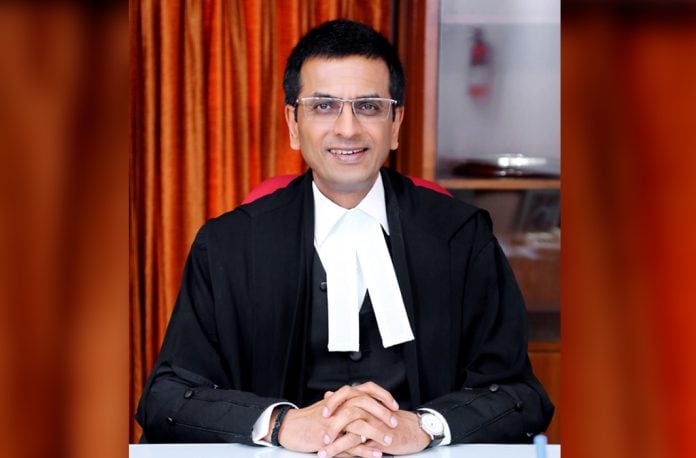The Supreme Court on Monday upheld the President’s order (CO 273) of 2019 abrogating the special status of Jammu and Kashmir under Article 370 of the Constitution.
The five-judge Constitution Bench of Chief Justice of India DY Chandrachud, Justice Sanjay Kishan Kaul, Justice Sanjiv Khanna, Justice BR Gavai and Justice Surya Kant held that the concurrence of the state government was not required to apply the Constitution to the state, noting that the erstwhile state of Jammu and Kashmir had no internal sovereignty.
Responding to the assurance given by Solicitor General Tushar Mehta that the Central government would restore the statehood of J&K as soon as possible, the Apex Court refused to validate the reorganisation of J&K into a Union Territory.
The Bench, however, upheld the carving out of Ladakh as UT.
It further directed the Election Commission of India to hold elections of the Jammu and Kashmir Legislative Assembly by September 30, 2024.
The Bench gave three judgements in the matter – one by CJI Chandrachud for himself and for Justices Gavai and Surya Kant.
The second was a concurring opinion authored by Justice SK Kaul, while Justice Sanjiv Khanna delivered the third verdict, concurring with both the judgements.
The CJI said in his judgement that Article 370 was held to be a temporary provision on a historical reading, as per which it was a transitory and temporary provision.
He said the power of the President under Article 370(3) to issue a notification that Article 370 ceases to exist subsists even after the dissolution of the J&K Constituent Assembly. He said the recommendation of the Constituent Assembly was not binding on the President. The J&K Constituent Assembly was intended to be a temporary body.
When the Constituent Assembly ceased to exist, the special condition for which 370 was introduced ceased to exist, but the situation in the state remained and thus the Article continued.
Holding that the power under Article 370(3) ceases to exist after the dissolution of the J&K Constituent Assembly would lead to the freezing of the process of integration, observed the Bench.
The power under Article 370(3) did not cease after the J&K Constituent assembly ceased to exist, it added.
As per CJI Chandrachud, the Apex Court could not sit in appeal over the decision of the President of India on whether the special circumstances under Article 370 existed.
History showed that gradual process of constitutional integration was not going on. It was not as if after 70 years, the Constitution of India was applied in one go. It was a culmination of the integration process, he added.
The CJI said it was held accordingly that all provisions of the Constitution of India could be applied to J&K using Article 370(1)(d) in one go.
It said in furtherance of the same, it was held that the exercise of Presidential Power was valid.


